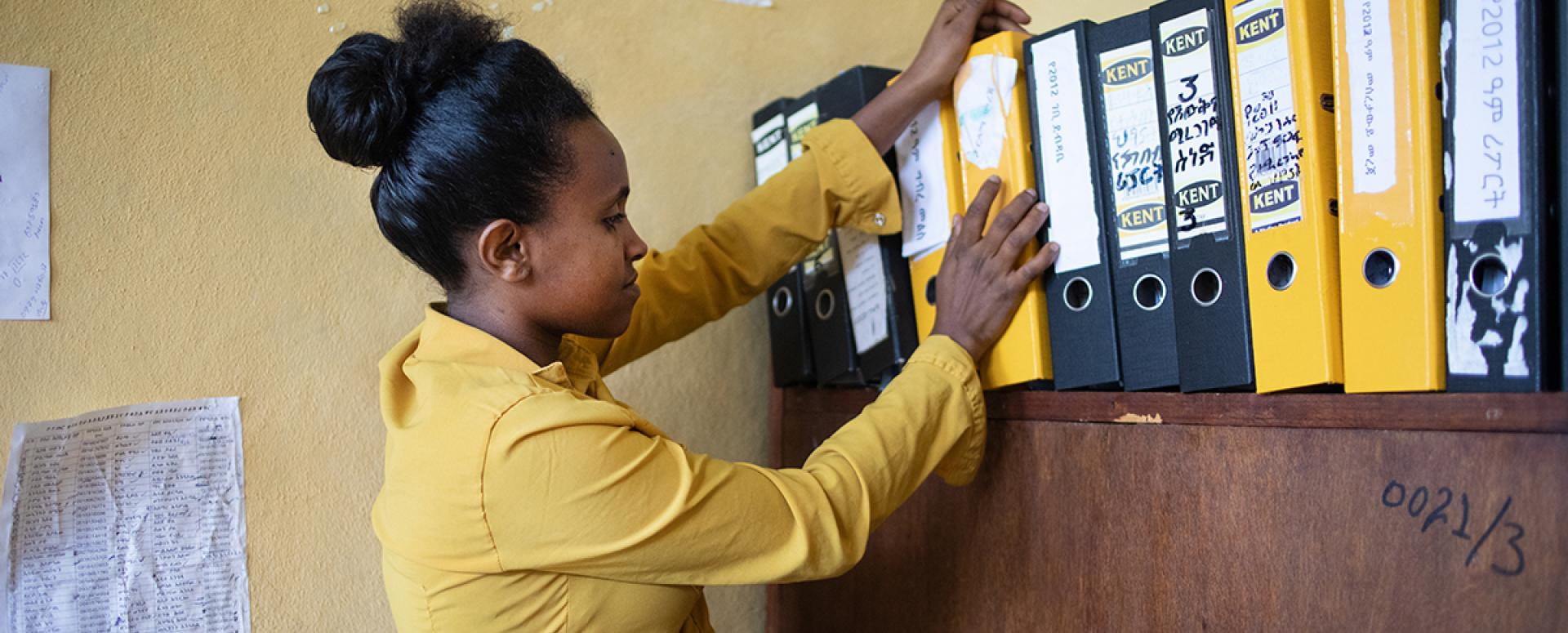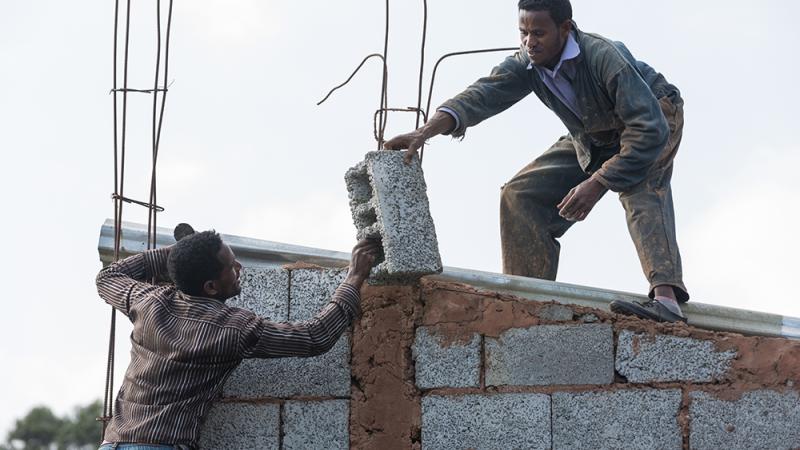
Breadcrumb
Our Data
We are committed to the widest possible dissemination of our research including public archiving of our data to enable policymakers and other researchers to benefit from this unique longitudinal survey.
The anonymised data and full documentation from our quantitative survey is publicly archived in the UK and is available through the UK Data Service.
The Young Lives datasets from the household and child surveys in 2002 (Round 1), 2006 (Round 2), 2009 (Round 3), and 2013-2014 (Round 4), 2017 - 2017 (Round 5) and 2020 - 2021 (Round 6 Phone Survey Calls 1 - 5 ) are publicly archived and available to download from the UK Data Service, along with the documentation and questionnaires for each survey round. They are also available on CD-ROM, on request from the Principal Investigator. The Phone Survey documentation is also available on our Young Lives at Work Project page. The 6 rounds of data have been assigned the following study numbers:
- Round 1: study number 5307
- Round 2: study number 6852
- Round 3: study number 6853
- Round 4: study number 7931
- Round 5: study number 8357
- Round 6: study number 8678
In Ethiopia the Policy Studies Institute (formerly the Ethiopian Development Research Institute) is responsible for the quantitative and survey data while our qualitative researchers are responsible for the qualitative data.
Access our data
Users are required to register and apply for a password with the UK Data Service and sign a confidentiality agreement before they can access the data. We also ask that users inform the UK Data Service and Young Lives of any analysis or publications resulting from their work with the dataset. This helps us maintain an overview of how the data is being used, and is also required in our reporting to our funders.
If you use the Young Lives data in any publication, we would be grateful if you include the following acknowledgement:


